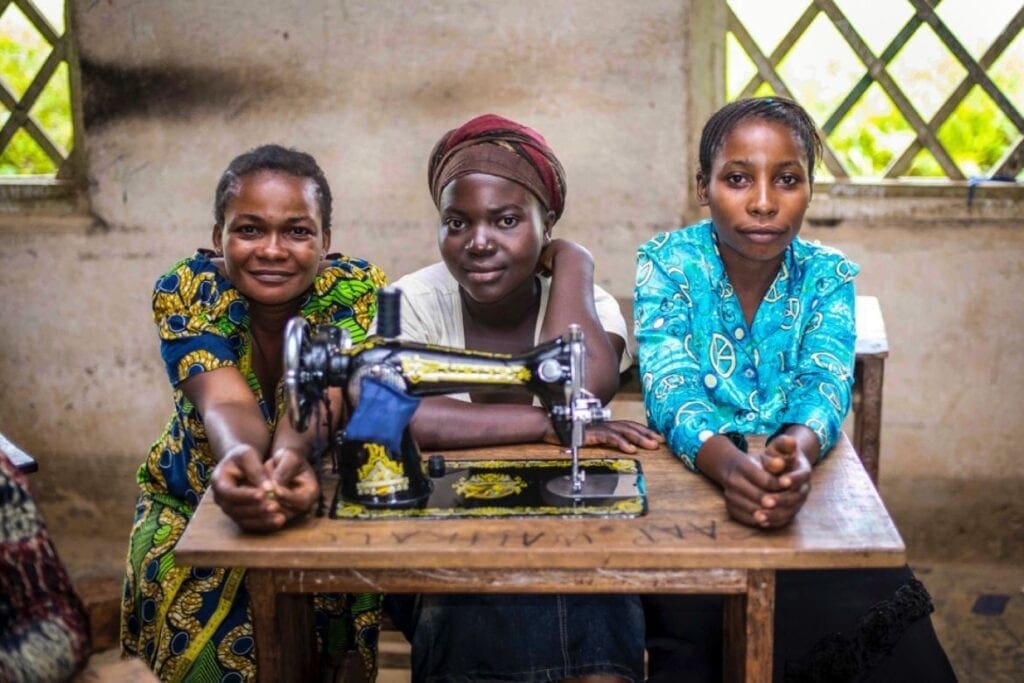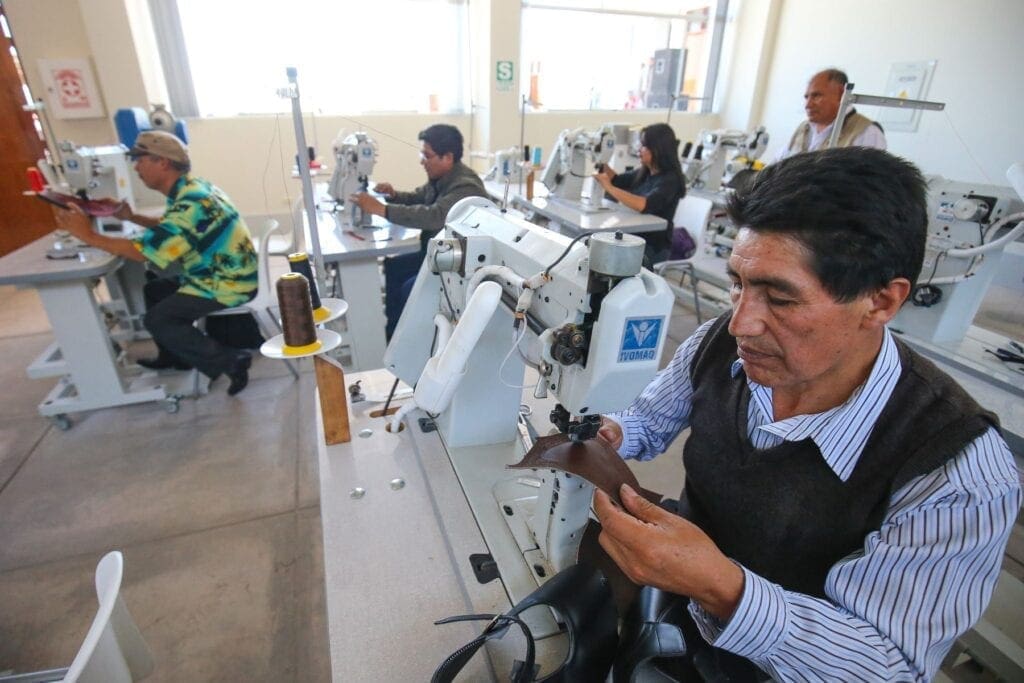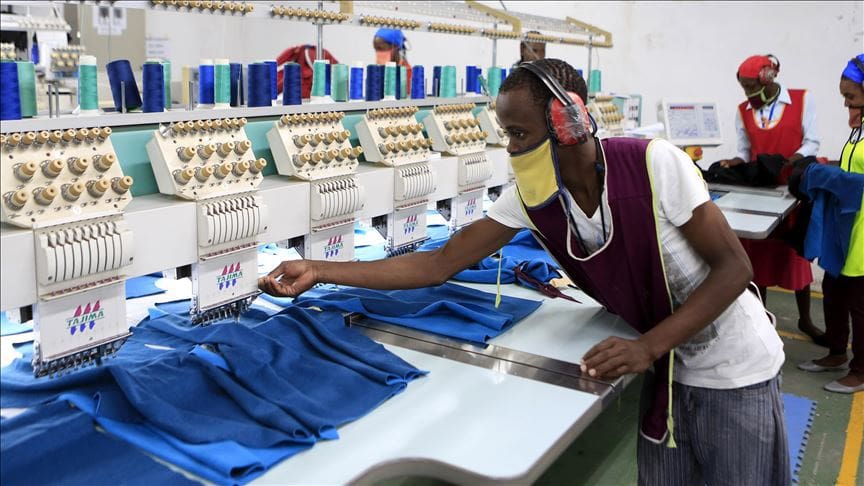 I think it is safe to say that this past year we depended on technology more than ever before. Between connecting with family and friends or working from home by Zoom and using web “apps” like never before for health or shopping issues, COVID-19 made us all a bit more technology dependent. In fact, some argue convincingly that technology has become so central to life today that it should be considered a human right. Especially during Covid, technology has become the gateway to education, to services, and to a form of much-needed human connection. Now, having considered all of this, can you believe that 789 million people around the world lack electricity?
I think it is safe to say that this past year we depended on technology more than ever before. Between connecting with family and friends or working from home by Zoom and using web “apps” like never before for health or shopping issues, COVID-19 made us all a bit more technology dependent. In fact, some argue convincingly that technology has become so central to life today that it should be considered a human right. Especially during Covid, technology has become the gateway to education, to services, and to a form of much-needed human connection. Now, having considered all of this, can you believe that 789 million people around the world lack electricity?
As efforts are made to provide the world with electricity and the technologies that drive advancement, SDG 7 challenges us to ensure that this energy is not only available, but affordable, reliable, sustainable, and modern. From eradicating poverty through “advancements in health, education, water supply and industrialization” to “mitigating climate change” (United Nations), access to clean energy is a powerful tool and an ambitious goal that, if actuated, has great potential to create a more connected and inclusive world.
As we modernize our energy and learn about the effects of different energy sources it is important to ensure that our resources are clean and renewable. Many of the energy sources we use today are not clean and are polluting the earth we call home at an alarming speed, propelling the world down a path from which there may soon be no return. We will reflect more deeply on the issue under SDG 13 “Climate Action.”
Closer to home and on a more personal level, we need to think about our everyday tasks and how our actions contribute to a lifestyle that pollutes and simply ignores what we are leaving behind to future generations.
For example, when we leave a room, do we think to turn the light off? Could we walk or bike more often, or occasionally use public transit instead of driving? Do we vote for candidates who support clean energy? Do we encourage our work place to invest in clean energy? There are obviously a ton of other suggestions that flow from such a complex issue.

Clean energy is not just about or for the future, it must be about the now. We are living in a world that is increasingly aware of energy’s effects on the vitality of the planet. As concerns for climate change rise and technology advances, it is our responsibility to invest in what is best for our world. It is also critical that we make what is best not only available, but affordable, so that all human beings have equal access to the opportunities clean energy provides, and that our earthly home can begin to heal itself once again in the process.
SDG 8, which calls for the promotion of inclusive and sustainable economic growth, employment and decent work for all, has been heavily challenged, like many of the SDGs, throughout the COVID-19 pandemic.
People want to work. Work gives people dignity and a sense of purpose. The value of Work is undeniable: it expresses human creativity and can contribute to everyone’s health and material well-being.
The challenges to decent work and economic growth are many and complex both in the here and now, and in the future because we do not yet have a clear idea of what the future holds for the job market. As technology and artificial intelligence advance, we simply do not know what jobs will be necessary in the not so distant future and what will become totally superfluous. So as the unknown future of work unfolds in a rapidly changing environment, we can only address current needs for work and economic growth.
As job losses escalate, the International Labor Organization estimates that almost half of the workforce around the world is at risk of losing their livelihoods. The ILO also states that “the economic and financial shocks associated with the pandemic—such as disruptions to industrial production, financial market volatility, and rising insecurity—are derailing the already tepid economic growth and compounding heightened risks from other factors.”
So, how do we come back from this economic derailing? How do we ensure that all people not only have access to work, but to decent work that includes a fair income, security, social protection, personal development and social integration? The United Nations suggests to start by focusing on providing the best quality education and training to give those entering the workforce the desired skills of their trade. When we equip workers with the skills they need to enter the workforce, they will be better positioned to transition into a decent job that brings financial and social satisfaction. At the same time we must make continue to insist on just wages, decent working conditions, social protections and fair systems of worker-employer labor and contractual relations. Workplaces must be inclusive and nondiscriminatory. Only then can we move forward to build a workforce centered on growth and development.
 Once we invest in proper skill-building and implement health/safety measures that build positive work environments, we can begin to build our global economy forward better than before. Covid-19 has highlighted the instability and fragility of our global economies. It has emphasized the flaws in our systems. It has broken many of our networks. Now is the time to fill these gaps, to correct these injustices, and to build sustainable and durable networks of inclusivity, sustainability, and decent working conditions. Together, we can invest in each other’s skills and we can promote work that is mutually beneficial for workers and for the overall economy.
Once we invest in proper skill-building and implement health/safety measures that build positive work environments, we can begin to build our global economy forward better than before. Covid-19 has highlighted the instability and fragility of our global economies. It has emphasized the flaws in our systems. It has broken many of our networks. Now is the time to fill these gaps, to correct these injustices, and to build sustainable and durable networks of inclusivity, sustainability, and decent working conditions. Together, we can invest in each other’s skills and we can promote work that is mutually beneficial for workers and for the overall economy.
Jim Claffey
NGO Representative of the CM at the UN
Congregationofthemissionun@gmail.com
Congregationofthemission-un-ngo.com
T: cmunnyc
FB: congregation of the Mission UN

